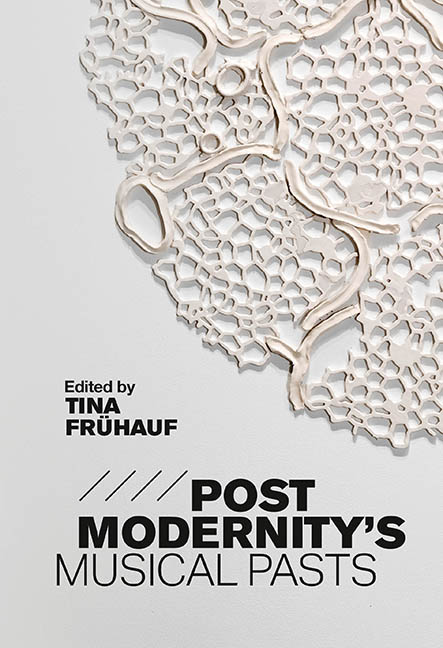Book contents
- Frontmatter
- Dedication
- Contents
- List of Illustrations
- List of Music Examples
- List of Contributors
- Acknowledgments
- About the Cover
- Introduction
- Part I Time and the (Post)Modern
- Part II Manifestations of History
- Part III Receptions of the Past
- Part IV Nostalgias and the Temporalities of Belonging
- Bibliography
- Index
11 - Indie Neofado's Temporality: A Tale of Two Nostalgias
Published online by Cambridge University Press: 28 April 2020
- Frontmatter
- Dedication
- Contents
- List of Illustrations
- List of Music Examples
- List of Contributors
- Acknowledgments
- About the Cover
- Introduction
- Part I Time and the (Post)Modern
- Part II Manifestations of History
- Part III Receptions of the Past
- Part IV Nostalgias and the Temporalities of Belonging
- Bibliography
- Index
Summary
During the summer of 2008, while strolling the streets of Lisbon, I searched every single indie record shop in the city to purchase as many Portuguese albums as I could find. But with the exception of one store, all had only shelves of the hottest international (that is Anglophone) indie bands fashionable at the time. There was hardly any album by a local band. Indie record shops in the trendy Bairro Alto neighborhood had approximately the same selection as any hip record shop in my hometown of Minneapolis. The only difference between record stores such as Discolecçao and Treehouse Records was that the latter offered a large section of locally produced albums. Perplexed by this lack of local representation in Lisbon's record shops, I used the Myspace.com events calendar to find some live local indie rock shows. The relative paucity of indie music events during July and August 2008 was not as surprising as what I encountered at the events themselves: a continuous stream of the ubiquitous international indie sounds in vogue at that moment: soft-core singer-songwriter tunes in the vein of Bon Iver, the hard-rock and heavy-metal sounds of groups like Boris, experimental music à la Animal Collective, Hold Steady-influenced pub-rock music, generic art-rock akin to Les Savy Fav. The local musicians skillfully approximated international styles, yet the absence of lyrics and sounds with local color was striking. The only way to experience local urban sounds was through traditional fado performances in Lisbon's twenty-first-century casas de fado (fado music clubs) and Portuguese rural folk music at various festas populares, the outdoor festivals in towns and villages that take place during the summer throughout the country. But Lisbon did not seem to have an indie rock scene that drew from local roots, only performances of Portuguese international indie music or Portuguese folk music, never both in one place or both in one sound. The fado and rural folk music I heard expressed a certain place (urban or rural Portugal) and a wealthy cultural past that yet resonates in the present. However, while the international indie sounds drifting across Lisbon's radio airwaves and music clubs evoked the now with great precision, they conveyed the here only in the broadest sense—to the point that place seemed an empty signifier.
- Type
- Chapter
- Information
- Postmodernity's Musical Pasts , pp. 249 - 272Publisher: Boydell & BrewerPrint publication year: 2020



